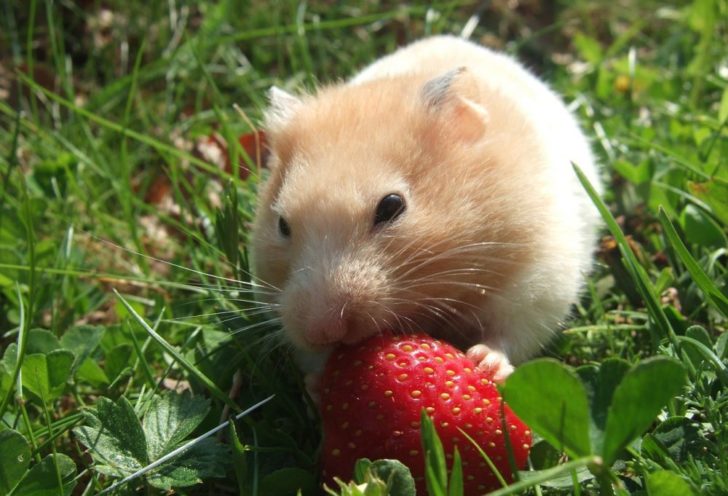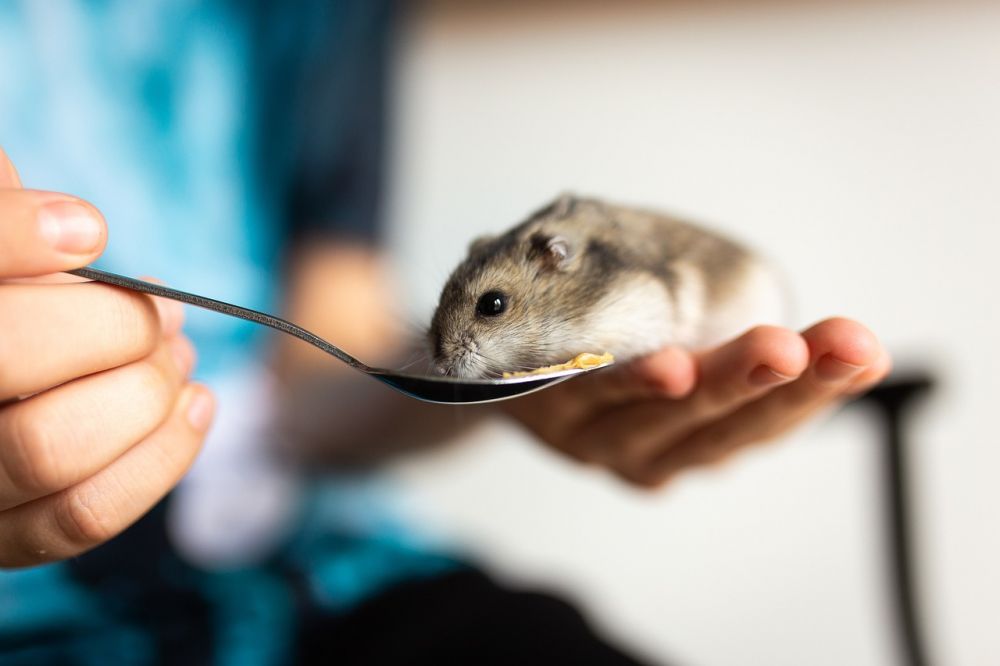Syrian Hamsters: A Comprehensive Guide to the Popular Pet

Introduction
Syrian hamsters, also known as golden hamsters, are adorable and popular pets that have captured the hearts of many. In this article, we will provide a detailed overview of Syrian hamsters, including their types, popularity, and unique characteristics.
Overview of Syrian Hamsters

Syrian hamsters belong to the rodent family and are native to the arid regions of Syria and Turkey. They are known for their small size, round bodies, and cute, perky ears. These hamsters have become one of the most popular choices for pet owners due to their friendly nature and low maintenance requirements.
Types of Syrian Hamsters and Popularity
Syrian hamsters come in various coat types, including short-haired, long-haired, and satin. The short-haired variety is the most common and widely available. Long-haired hamsters, also known as teddy bear hamsters, have a fluffy coat that requires regular grooming. Satin hamsters have a glossy, silky coat.
Among these varieties, the short-haired Syrian hamsters are the most popular choice for pet owners. They are widely recognized for their beautiful golden fur, although other color variations like black, grey, and white are also available. The popularity of Syrian hamsters can be attributed to their charming appearance and their docile nature, making them suitable pets for individuals of all ages.
Quantitative Measurements of Syrian Hamsters
Syrian hamsters typically measure around 4-6 inches in length, with males being slightly larger than females. They weigh between 4-8 ounces, depending on their diet and overall health. As nocturnal animals, Syrian hamsters are most active during the evening and night hours.
These hamsters have a lifespan of around 2-3 years if given proper care and a healthy diet. They require a spacious cage with tunnels, hiding spots, and toys to keep them mentally stimulated. Syrian hamsters also need a balanced diet consisting of quality hamster pellets, fresh fruits, and vegetables.
Differences Among Syrian Hamsters
While all Syrian hamsters share similar physical characteristics and care requirements, there can be variations in terms of temperament and behavior. Some Syrian hamsters may be more sociable and enjoy human interaction, while others may be more prone to aggression and prefer solitary living.
It is essential for potential hamster owners to spend time with different hamsters and observe their behaviors before making a choice. This will help in selecting a Syrian hamster that suits their lifestyle and preferences.
Historical Overview of Syrian Hamster Advantages and Disadvantages
Over the years, Syrian hamsters have gained popularity as pets due to certain advantages they offer. Their small size makes them ideal for those who have limited space or cannot commit to larger pets. Additionally, their low-maintenance nature and relatively quiet behavior make them suitable for apartment living.
However, it is important to note that Syrian hamsters are solitary animals and may show aggression towards other hamsters. This can create challenges if one wishes to keep multiple hamsters together. Additionally, their nocturnal nature may not align with the schedules of individuals who prefer daytime interaction with their pets.
In conclusion, Syrian hamsters are delightful pets that have captured the hearts of many. Their various coat types, popularity, and unique characteristics make them a favorite among pet owners. By understanding their differences, care requirements, and historical advantages and disadvantages, potential hamster owners can make an informed decision about bringing these adorable creatures into their lives.
As Syrian hamsters continue to bring joy and companionship to countless households, it is crucial to provide them with love, care, and a suitable environment to ensure their well-being. With proper knowledge and responsible ownership, Syrian hamsters can thrive and become cherished members of families around the world.
Sources:
– National Hamster Council. ”Syrian Hamster.” Retrieved from [insert source link].
– RSPCA. ”Syrian Hamsters.” Retrieved from [insert source link].
– The Hamster House. ”All About Syrian Hamsters.” Retrieved from [insert source link].





















